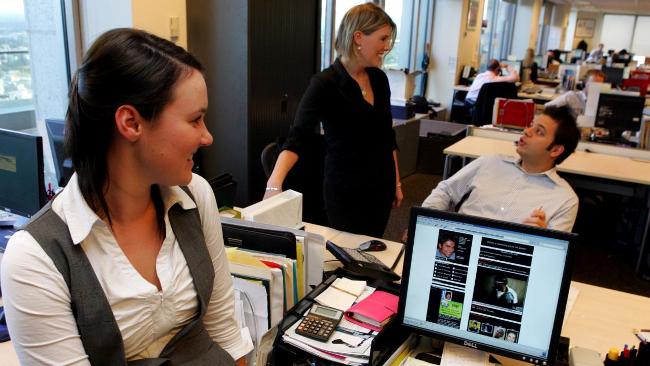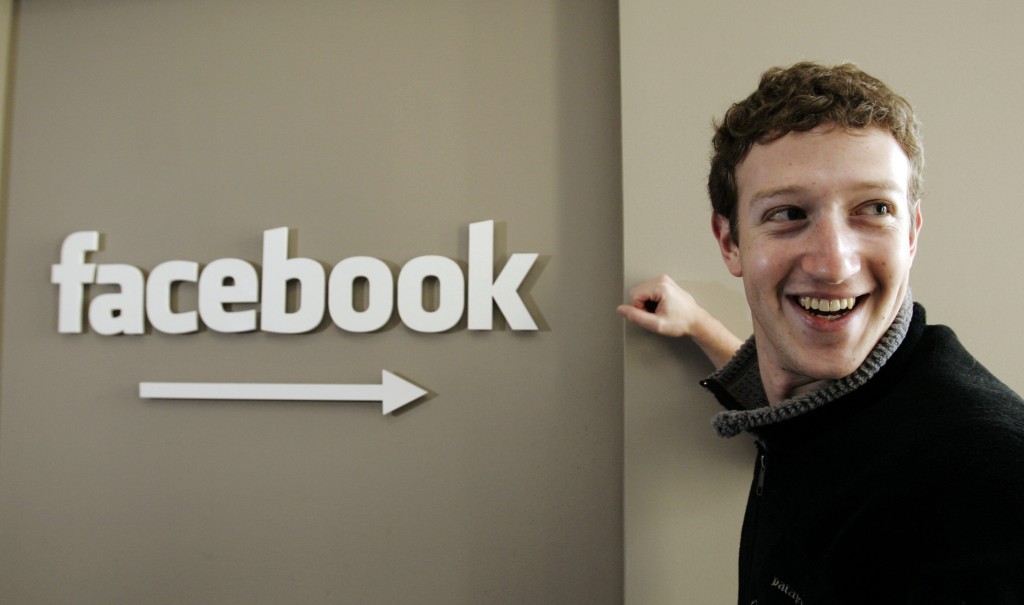Today, it is common to be on Facebook, Twitter, Pinterest, Google Plus and other Social Media platforms, expanding the reach of one’s friends to the thousands. In fact, the number of monthly active Facebook users now totals 850 million people (Huffington Post). On the surface, this seems like a terrific thing. Who doesn’t love to have friends, and lots of them for that matter? But, startling statistics suggest a disconnection between the true heart of friendship and the results of Social Media activity. In fact, Reader’s Digest reported research conducted by two German Universities which revealed that one in three people feel worse (lonely, frustrated or angry), after using Facebook. These feelings were often prompted by perceived inadequacies when comparing themselves to friends, which led to lower self-esteem. The evidence often shows that “friends” on Social Media are opposite to the definition of a friend, which is someone whom one knows, likes and trusts.
In order to have a strong work and home life, coping with modern day relationship building at work, socially and online is essential for happiness. For those individuals that feel lost in the shuffle or find themselves on the outside looking in, here are some tips.
Friendship and Emotionally Intelligent Social Media Tips:
Be confident
Wherever you are in life, own it. Remember why you made the decisions you have and what makes you happy about your current situation. Security in one’s own skin leads to internal happiness, which enables the ability to relate well to others (on and offline). Check out these confidence tips to get started. This will help avoid the feelings of inadequacy the German University studies revealed.
Be genuine
Significant aspects of emotional intelligence are understanding and expressing one’s own emotions and values. This is as important on Social Media platforms as it is in daily living. Be sincere; try not to treat posting like a popularity contest.
Be kind
This can be very tricky with Social Media. Unfortunately, there are infinitely increased opportunities for misunderstandings online as opposed to in person communication. Capitalizing a word can mean emphasis to one person and yelling to another. There are two vital things to remember in this context. First, be conscious and aware of the general guidelines for internet language etiquette. In the case of capitalizing words, it’s likely best to always err on the side of caution and never do it. Secondly, keep this in mind when reading or viewing other posts. Make a habit of giving others the benefit of the doubt, because nine times out of ten, they didn’t mean to be offensive with their communication.
Be realistic
Of course, with the era of Social Media has come the opportunity to expand online “friendships” to the thousands. But realistically, an average Facebook user has 130 friends (Huffington Post). Of those 130 “friends,” it’s hard to say how many actually consist of nurtured, deep relationships. The point is not to let the quantity of friends or the “buddy-buddy” exclusive behavior of others create personal isolation. Everyone’s relationships function differently. Social Media shouldn’t be about having a certain number of friends, making relationships public or boasting. Place value in the positive qualities of personal online friendship experiences, not in monitoring the friendships of other people.
There are positive outcomes of Social Media activity, like gaining a network of acquaintances with similar interests, or keeping up with loved ones who live states away. Mark Zuckerberg, one of the original five founders of Facebook said, “Our mission is to make the world more open and connected. We do this by giving people the power to share whatever they want and be connected to whoever they want, no matter where they are.”
But the best way to avoid negative experiences in Social Media is to stay grounded in real-life relationships. Think of relationships as the best toy you were ever given as a child, and Social Media as the part sold separately that gave the toy an little extra special quality.







